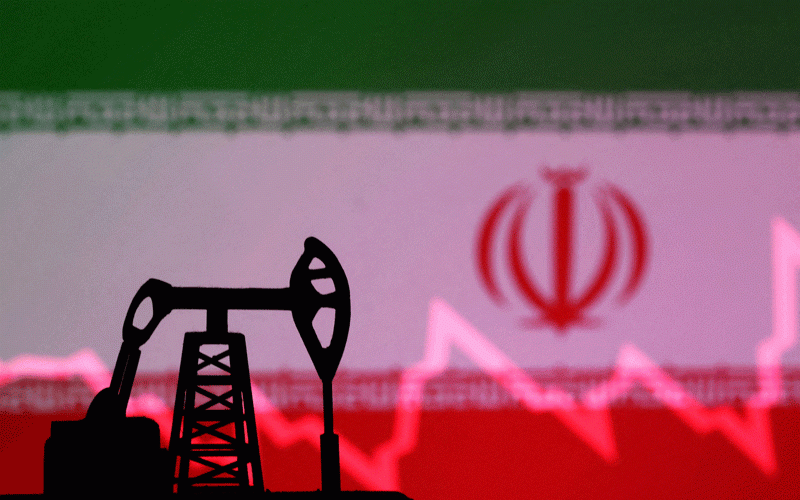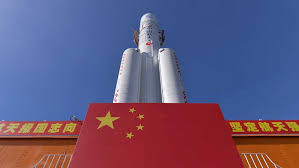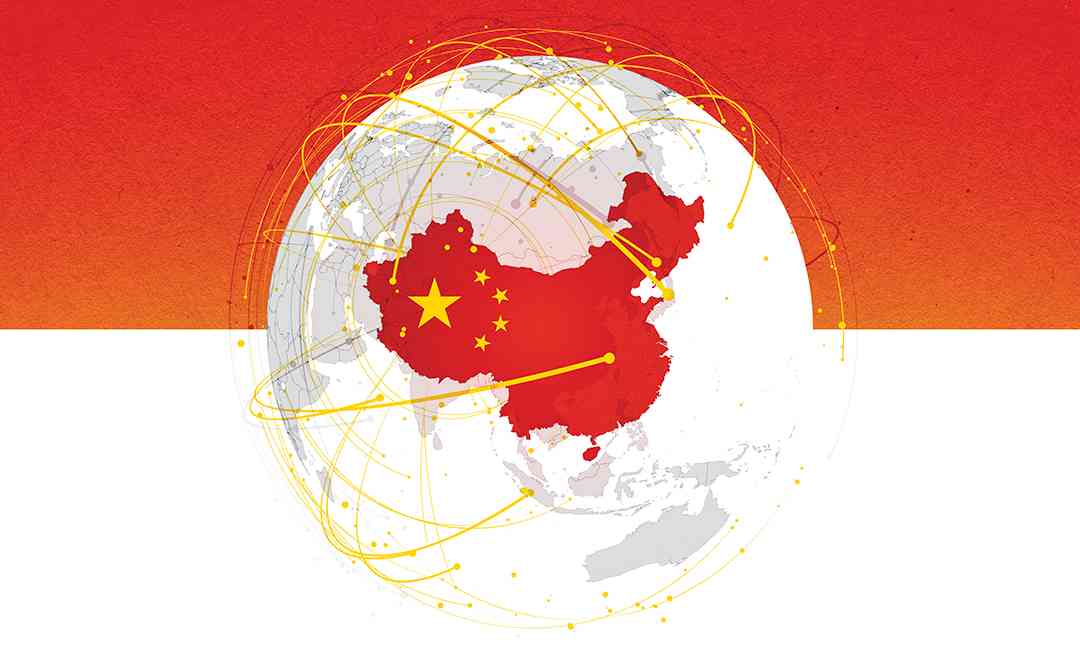
LONDON - Iran is pushing to recoup 25 million barrels of oil from China that has been stuck for six years in Chinese ports due to sanctions imposed by then-U.S. President Donald Trump, three Iranian and one Chinese source familiar with the matter said.
Trump is returning to power on Jan. 20, and analysts say he is expected to tighten sanctions again on Iranian oil exports to limit Tehran's income, as he did during his first term as president.
China, which says it does not recognise unilateral sanctions, has been buying about 90% of Tehran's oil exports in recent years at discounts that have saved its refiners billions of dollars.
But the stranded oil, worth $1.75 billion at today's prices, highlights the challenges Iran is facing with selling oil even in China.
Iran's Oil Ministry did not respond to a request for comment. Asked about the stranded oil, China's foreign ministry said China's cooperation with Iran was legitimate but declined further comment.
Despite some of the West's toughest sanctions, Iran has built a roaring global trade for its oil, relying on a shadow fleet of tankers that conceal their activity. Most Iranian oil sold to China is redocumented as non-Iranian en route to Chinese ports.
The stranded oil, however, was documented as Iranian oil when Iran's national oil company NIOC delivered it to Chinese ports around October 2018 using waivers granted by Trump, two of the four sources familiar with the shipments said.
NIOC stored the oil in the ports of Dalian and Zhoushan in east China, where it had been leasing tanks, the sources said. Leasing tanks gave NIOC flexibility to sell oil in China or ship it to other buyers in the region.
- The brains behind Matavire’s immortalisation
- Red Cross work remembered
- All set for inaugural job fair
- Community trailblazers: Dr Guramatunhu: A hard-driving achiever yearning for better Zim
Keep Reading
But in early 2019, Trump scrapped the waivers, and the oil never found buyers or cleared Chinese customs and remained trapped in the tanks, according to three of the four sources.
Oil tanks in Dalian are run by PDA Energy, which is asking Iran to pay more than $450 million in storage fees accumulated since 2018, one of the three Iranian sources said. In Zhoushan, the tanks are operated by private storage operator CGPC.
Liaoning Port Co, which controls PDA Energy in Dalian, did not respond to a request for comment. Reuters was unable to reach CGPC for comment as calls to the company went unanswered.
The talks between Iranian officials and the Chinese storage operators on payment of storage fees and other conditions for releasing the oil took on added urgency in recent weeks due to Tehran's concerns that Trump could again tighten sanctions, one of the Iranian sources familiar with the discussions said.
Iran's Foreign Minister Abbas Araghchi visited Beijing in December and made some progress on the issue of stranded oil, the Iranian source said but gave no further detail.
Iran would have to reload oil from tanks into ships, make a ship-to-ship transfer at sea and redocument it in order to be able to sell it, one of the Iranian sources said, citing his experience with Iranian oil exports and Chinese customs proceedings.
(Reporting by Jonathan Saul and Dmitry Zhdannikov in London; Editing by Sonali Paul)









